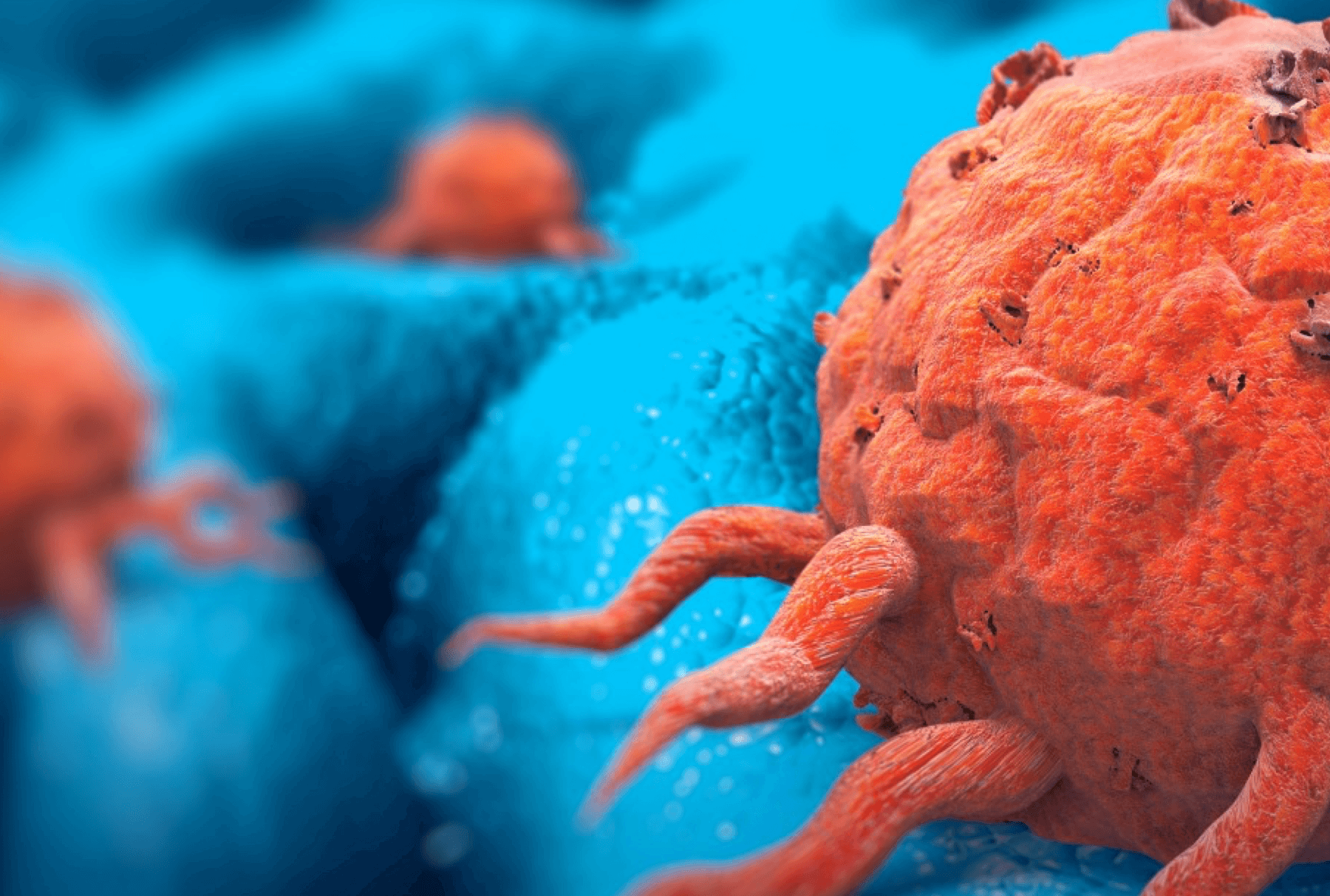Medicinal Chemistry
Progressing fundamental research into the clinic through the discovery and optimisation of bioactive molecules.
Our research
Medicinal Chemistry is a recognised and long-standing strength at Newcastle. It has a strong track record of drug discovery. Newcastle discovered the first PARP inhibitors for the treatment of BRCA deficient cancer. This led to the development of rucaparib as a clinical drug for the treatment of ovarian cancer.
We have also progressed two other inhibitors to clinical trials. This represents an unrivalled level of success for an academic drug discovery group of this size.
Our research centres on the following themes:
- cancer drug discovery
- new approaches to drug discovery
- radiochemistry and imaging
- computational drug chemistry
We focus on rapid development of new treatments for key disease areas through active drug discovery projects and development of new technologies and methods.
Research themes
The academic team work across a number of complementary themes across the Medicinal Chemistry research area.
Cancer drug discovery
Newcastle has a strong track record in the discovery of novel targeted therapies for cancer.
We are part of the Drug Discovery Programme of the Northern Institute of Cancer Research (NICR), one of four Cancer Research UK Drug Discovery Centres.
Our research aims to discover new treatments for cancers in areas of unmet clinical need. We use cutting edge drug design and synthesis techniques to develop new ways of addressing challenging protein targets, including:
- structure-based design
- fragment-based lead generation
- cutting-edge organic synthesis
- automated purification
We collaborate with colleagues in bioscience and structural biology. Our industrial partners facilitate the rapid development of lead molecules for future treatment of cancer.
New approaches to drug discovery
The academic team works to develop new experimental and computational approaches for drug discovery, to accelerate the discovery of the drugs of the future. These include new approaches to:
- hit identification through fragment screening and optimisation
- applications of DNA encoding in drug discovery
- computational methods for atomistic modelling of drug-protein interactions.
Radiochemistry and imaging
We aim to discover new molecules for imaging diseases, such as cancer and neurodegenerative diseases both in vitro and in vivo.
We use radiotracers and multi-modality imaging probes which are highly fluorescent, organelle specific and capable of carrying a radionuclide.
We develop radiochemical methods and automated production protocols using multi-step batch and flow chemistry techniques.
Our facilities include:
- the first dedicated PET radiochemistry laboratory in the region
- pre-clinical PET-CT scanners
- clinical PET-CT scanners
- clinical PET-MR scanners
This allows rapid in vivo evaluation of clinical leads and their translation through pre-clinical development to first-in-man studies.
Computational drug discovery
We use high-performance computing in combination with experimental methods to:
- understand the mechanisms of disease
- accelerate the drug discovery process
- develop approaches to protein classes
Our research uses a wide range of techniques in our work, but our focus is on the atomistic modelling of biological molecules through:
- classical molecular dynamics
- large-scale quantum mechanical simulations
- structural bioinformatics
One focus of these activities is in new approaches to cancer and diseases of ageing.
Using computation alongside synthetic chemistry, and molecular biology, we investigate the molecular mechanisms that contribute to these age-related conditions.
